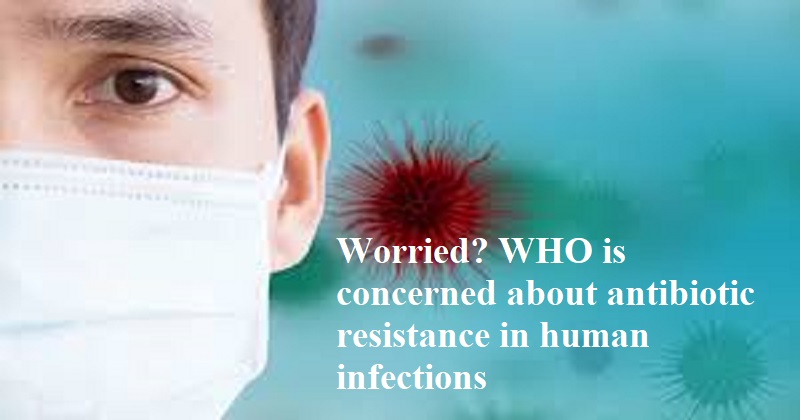
According to the World Health Organization’s (WHO) most recent study, bacteria with high levels of antibiotic resistance are causing potentially fatal bloodstream infections . The Global Antimicrobial Resistance and Use Surveillance System (GLASS) study was published on Friday. According to the paper, bacteria have more than 50% resistance, which commonly results in bloodstream infections that must be treated with antibiotics of last resort. Common bacterial illnesses are getting harder to cure. More than 60% of Neisseria gonorrhoea isolates have exhibited resistance to the widely used oral antibiotic ciprofloxacin.
WHO’s Essential Medicines List categorises antibiotics into three groups – access, watch and reserve. Watch group lists antibiotics that are recommended as first or second choice treatments for a small number of infections. The reserve group is for antibiotics which should only be used as a last resort in the most severe circumstances.
Bloodline infections due to resistant E. coli, Salmonella, and gonorrhoea increased by at least 15 per cent compared to 2017. Countries with lower rates of testing, mostly low- and middle-income countries are more likely to report significantly higher AMR rates. ‘Antimicrobial resistance undermines modern medicine and puts millions of lives at risk,’ said WHO Director-General Tedros Adhanom Ghebreyesus.

Post Your Comments